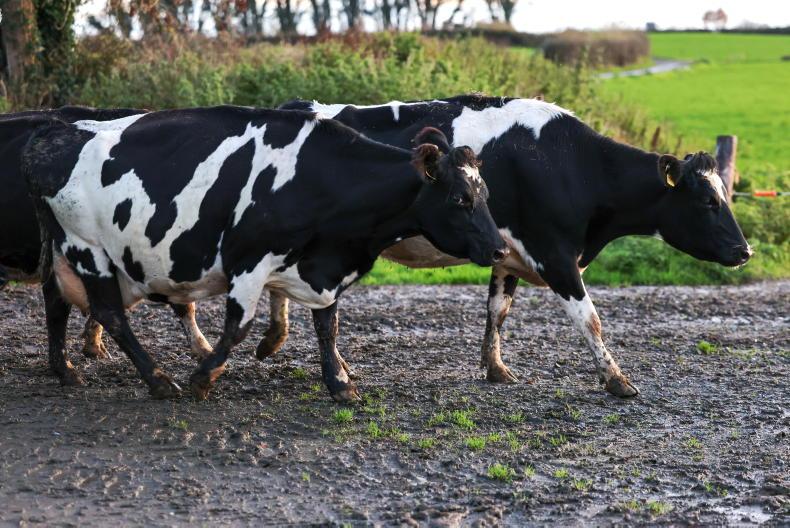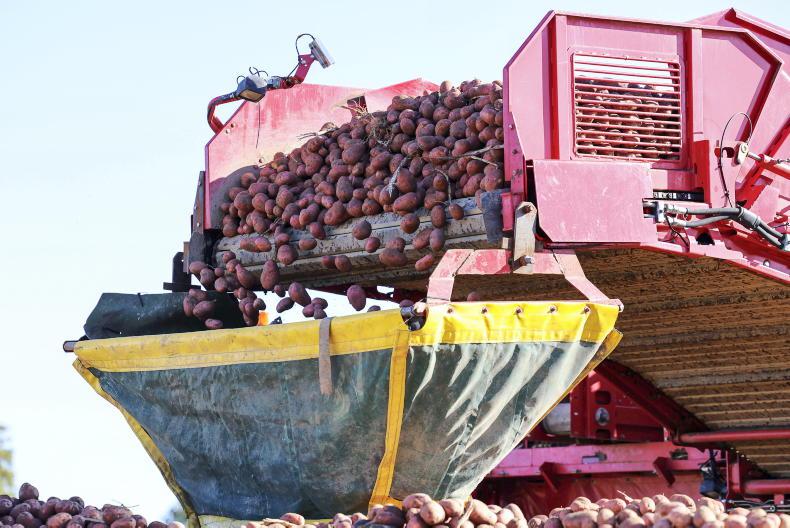During my lifetime there have been a few policy decisions that have had major consequences for Irish farming. The first was probably joining the then Common Market. Suddenly the shackles on production and markets were lifted.
The second was probably the imposition of milk quotas in 1984. Last week we had another when we consciously, as a nation, placed a lid on agricultural output despite the price of our main products being at record levels because of record levels of demand.
Perhaps we, as farmers, were living in a fool’s paradise when we read the final conclusions of the main United Nations conference held in Paris a few years ago that resulted in the COP21 policy document endorsed by the vast majority of world leaders.
Uniquely of all policy areas, food production is specifically spelled out in the first few statements where the international gathering formally recognised “the fundamental priority of safeguarding food security and ending hunger.“ – while further on in the document it goes on to say that the development of greenhouse gas policies “should not threaten food production.“
Production threatened
It is very clear that last week’s agreement on cutting greenhouse gas emissions for Irish agriculture does threaten food production.
Milk is a particularly easy product to use as an example: demand continues to increase by about 1.5% a year as people and governments recognise its unique nutritional importance, especially for children and elderly people.
The days of surpluses, quotas and low world prices have been replaced by open markets, an upward convergence in price and a physical difficulty in meeting a buoyant world demand.
Yet despite our undoubted comparative advantage in producing milk, the political will seems to be to reduce output regardless of human welfare considerations. Many of the same arguments apply to red meat.
In both products, Ireland has the additional feature of using as the main feedstuff not expensive grain but grass which is indigestible for humans and in the main, predominates on land not suitable for tillage.
So what has gone wrong? Why or how did EU and Irish agricultural ministers not insist on sticking to the COP21 conclusions and policy directions and refuse to countenance any reductions in bovine output except for reasons of water quality etc?
Even the science around the contribution of methane to greenhouse gas totals is contested but what is accepted is that the ever increasing concentration of CO2 in the atmosphere is contributing to global warming.
What has been particularly noteworthy over the last week is the simplistic assertion by some that farming emissions should have been subjected to a reduction in line with their presently calculated contribution to emissions.
Such a view ignores the technical possibilities emerging in the energy field as well as the global need for daily food.
Somewhere important policy influencers have done humanity and Irish farmers a gross disservice.








SHARING OPTIONS